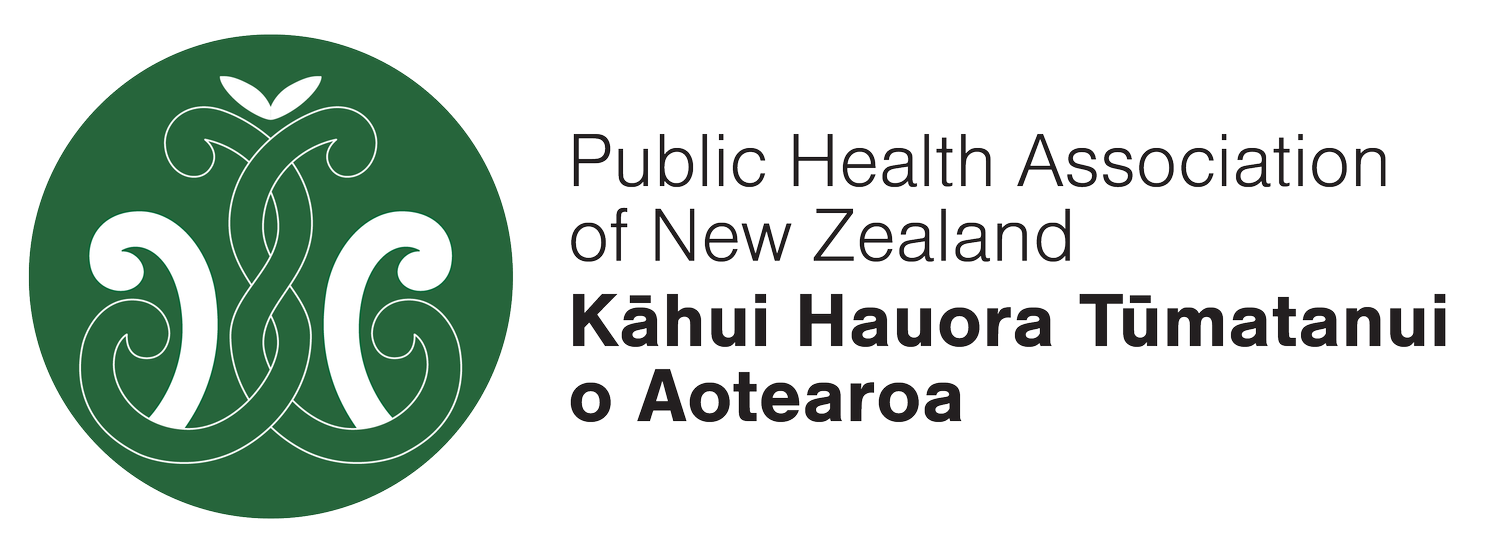
MĀORI PUBLIC
HEALTH POLICY
Māori Public Health Policy
Māori Public Health policy is a vital component of the country's broader healthcare framework. It is designed to address the specific health needs and disparities faced by Māori. Recognising the historical and ongoing disparities in health outcomes between Māori and other ethnicities, Aotearoa New Zealand has developed a series of policies and strategies aimed at improving Māori health outcomes and reducing these inequities.
At the Public Health Association of New Zealand (PHANZ), we have a focus on these aspects relating to Māori Public Health policy in particular:
Te Tiriti o Waitangi:
Te Tiriti o Waitangi recognises Māori as the indigenous people of Aotearoa New Zealand and guarantees certain rights and protections. Māori public health policy is built on the principles of partnership, participation and protection outlined in the Treaty.
Whānau Ora:
Whānau Ora has a holistic approach to health and social services that centres on the well-being of Māori families and communities. It emphasizes self-determination and community control in health decision-making, with the goal of empowering Māori to take control of their own health outcomes.
Pae Tū:
This is Aotearoa New Zealand's Hauora Māori Strategy, which outlines the government's commitment to improving Māori health and reducing disparities and supports Pae Ora. It focuses on five key priorities; decision making, government commitment, Māori health workforce, primary health care as well as system performance and accountability.
Cultural Competency:
The Aotearoa New Zealand healthcare system recognises the importance of cultural competency in providing healthcare services to Māori. Health professionals are encouraged to understand and respect Māori cultural values, practices and beliefs to deliver more effective care.
Data Collection and Reporting:
The government collects data on health outcomes for Māori and non-Māori populations separately to monitor disparities. This data is used to inform policy decisions and track progress in closing the health gap.
Community Initiatives:
Numerous community-driven initiatives and programs focus on Māori health, such as those addressing Māori smoking rates, oranga, mental health, and health and wellbeing. Many programs now incorporate traditional Māori practices and values.
Mātauranga Māori:
The integration of Mātauranga Māori, or traditional Māori knowledge, into healthcare practices is encouraged. This includes the use of traditional healing practices and the incorporation of cultural aspects into healthcare interventions.
Health Workforce Development:
Policies aim to increase the number of Māori health professionals and ensure that the healthcare workforce is representative of the population. This includes initiatives to encourage Māori youth to pursue careers in healthcare.
Iwi and Hapū Involvement
Māori health policy seeks to involve Māori iwi (tribes) and hapū (sub-tribes) in healthcare decision-making and service delivery. This ensures that health services are culturally appropriate and responsive to the needs of specific Māori communities.
Māori health policy in Aotearoa New Zealand represents a commitment to addressing historical injustices and improving the health and well-being of the Māori population. While progress has been made, challenges remain in achieving health equity for Māori. Contributing to the shape and direction of these policies strives to reduce health disparities and ensure that Māori enjoy the same health outcomes as non-Māori.

